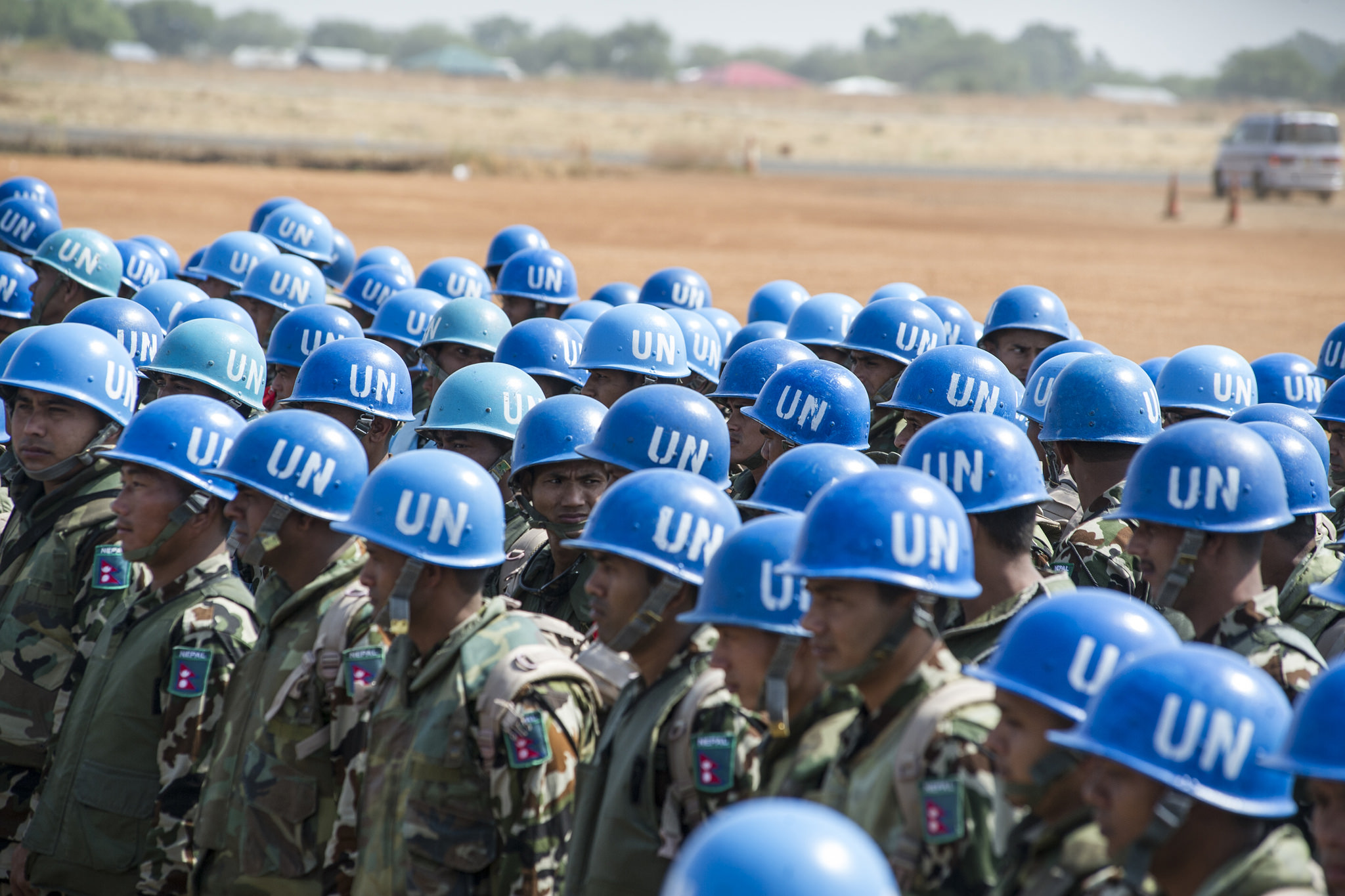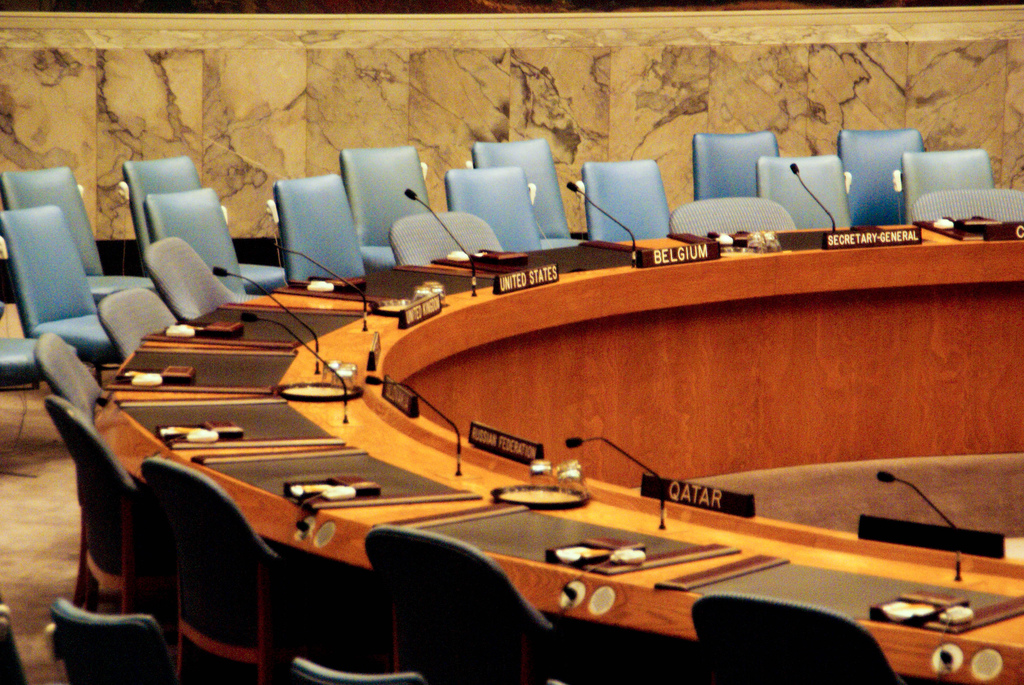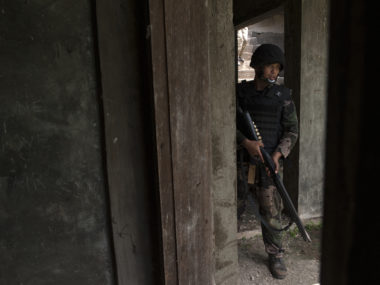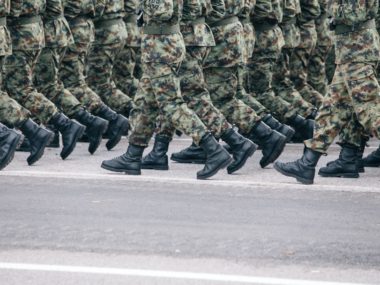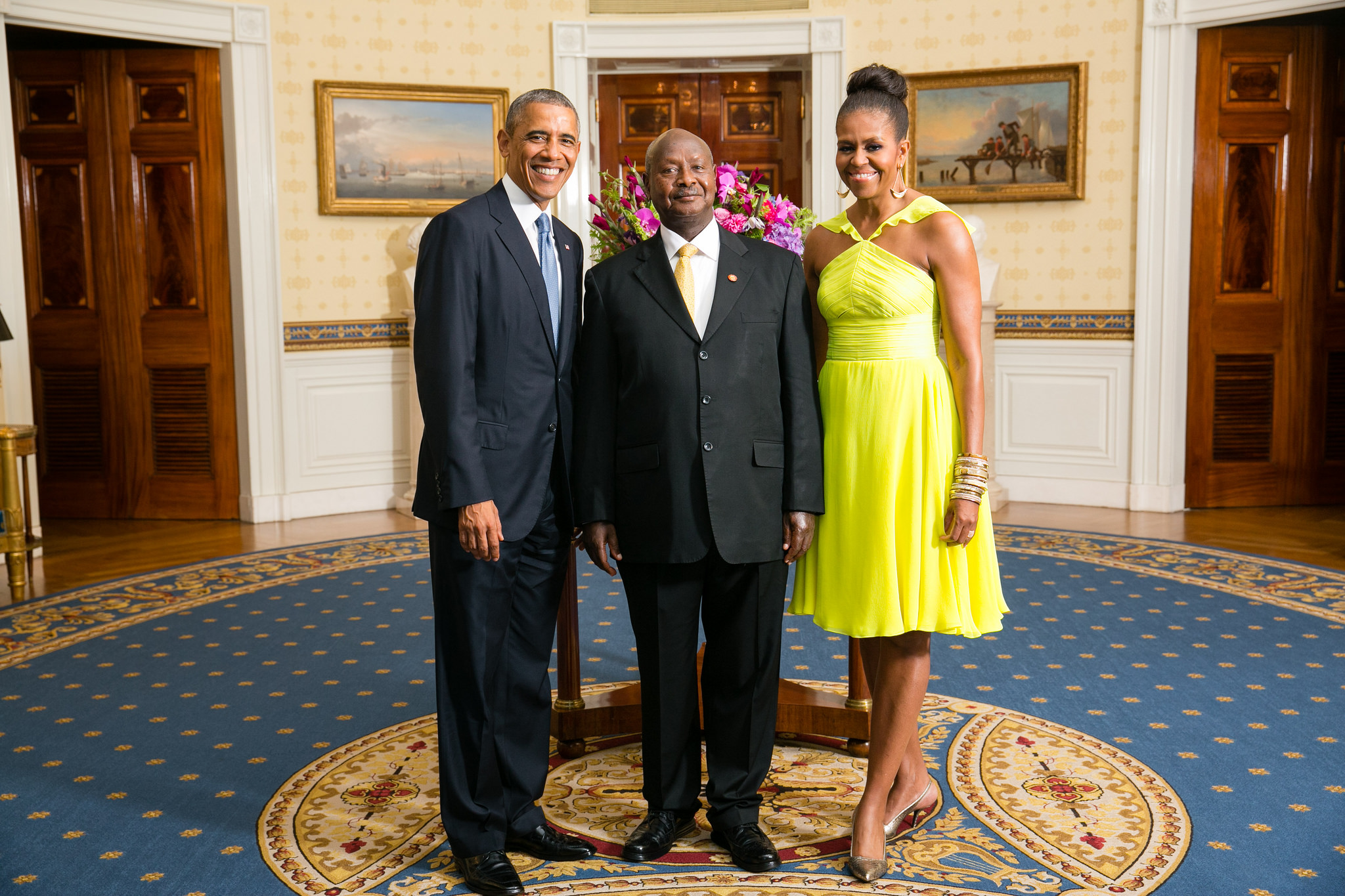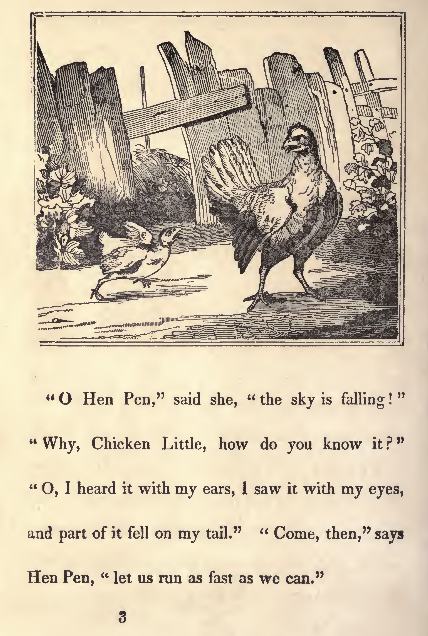Guest post by Anup Phayal and Clayton Thyne.
Recently there was news that after decades of fighting, the Colombian government successfully demobilized thousands of Revolutionary Armed Forces of Colombia (FARC) combatants using a psychological campaign that called the guerrillas to come home during Christmas. This success has spurred discussions on whether a similar strategy could be carried out against ISIS members. But Colombia’s path to sustainable peace is challenged by the gloom that many demobilized combatants share – namely, that they find it hard to reintegrate into society.
Colombia is not unique. In UN peacebuilding missions around the world, many ex-combatants volunteer to undergo the process of disarmament, demobilization, and reintegration (DDR) as a part of the peace process. However, ex-combatants that remain dissatisfied with the process commonly take the path of crime and violence in the community, or choose to re-arm and re-start armed conflicts. As one demobilized ex-FARC member explained, “Without available jobs, or a society ready to accept or hire ex-combatants, people will always return to crime.”
In our recent article published in International Studies Quarterly, we focus on South Sudan to study the determinants of ex-combatant satisfaction with DDR. While previous research largely focused on procedural aspects of DDR or post-reconstruction and development, we focused on micro-level determinants, including economic, security, and ethnic concerns. Our study gathered data from 122 ex-combatants in 21 locations of South Sudan from 2011-2012. In addition to our survey instrument, we also held several focused group sessions to verify and clarify the findings from individual surveys.
The results show that economic and physical security are key determinants of DDR satisfaction. First, we found that a simple measure of monthly income does not influence satisfaction with DDR. However, post-war employment tends to increase ex-combatant satisfaction. Those who received vocational training to start a livelihood once reintegrated into society showed high levels of satisfaction, particularly when they were employed in the same profession in which they received the training. We also found the security environment to matter. Respondents from areas with a strong UN peacekeeping presence showed more satisfaction with DDR, while those who expressed concerns with instability and the availability of firearms showed less satisfaction. Lastly, we found that ex-combatants from the majority Dinka tribe were much happier with DDR than those from minority groups.
The findings in the study have important implications for policymakers since addressing the key challenges that we identify can lower dissatisfaction and anxiety among demobilized fighters when re-integrating to society. Regarding economic concerns, the main implication for policymakers is that the type of vocational trainings imparted to ex-combatants should work towards sustaining livelihoods in the longer term. Training programs should focus on the unique needs of the region, rather than implementing programs that may have worked in other locales or contexts. Likewise, the security environment is critical. While safety is rightly emphasized in places like Somalia where there are direct threats of violence against disengaged rebels, paying attention to ex-combatants’ senses of physical security is important for all DDR cases. Finally, our study suggests that policymakers need to take special care with respect to ethnic minorities as they are more prone to feeling vulnerable during the reintegration process.
In summary, our findings emphasize the need to focus on individual ex-combatants after a DDR program. Their sense of security, both physical and economic, plays an important role in sustained satisfaction with the decision to renounce fighting and embrace peace.
Anup Phayal is a PhD candidate in Political Science at the University of Kentucky. Clayton Thyne is an Associate Professor of Political Science and Director of the Peace Studies Program at the University of Kentucky.

